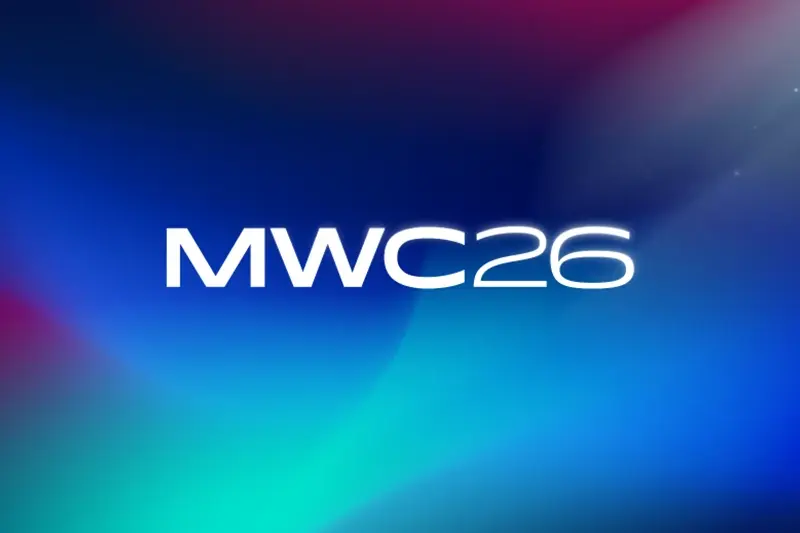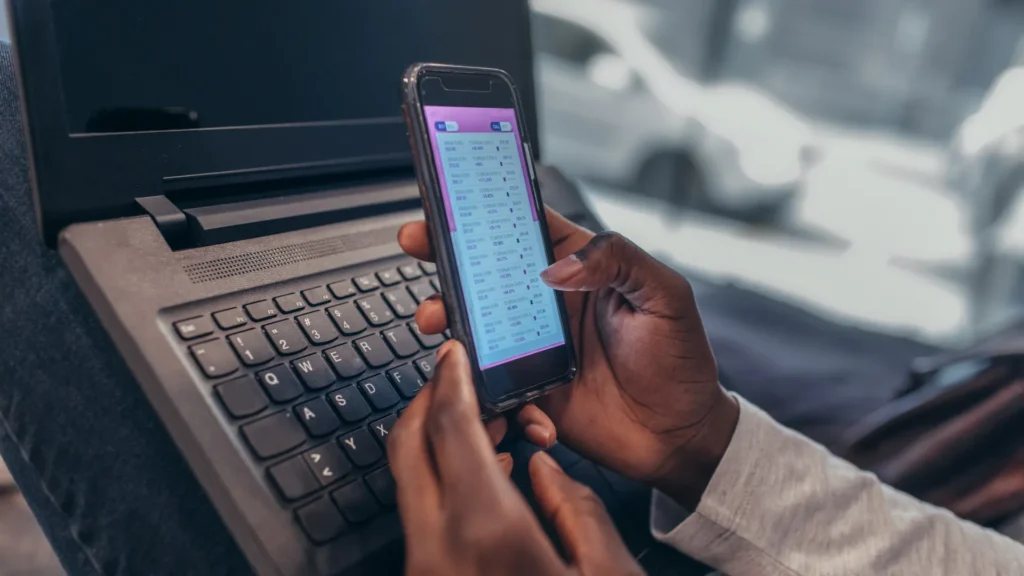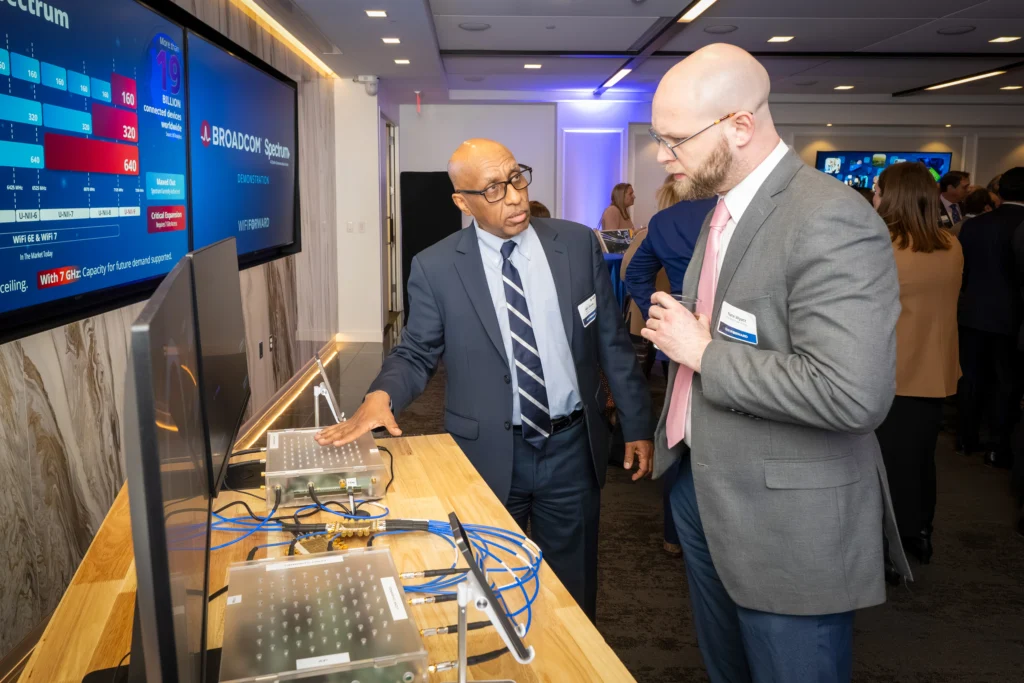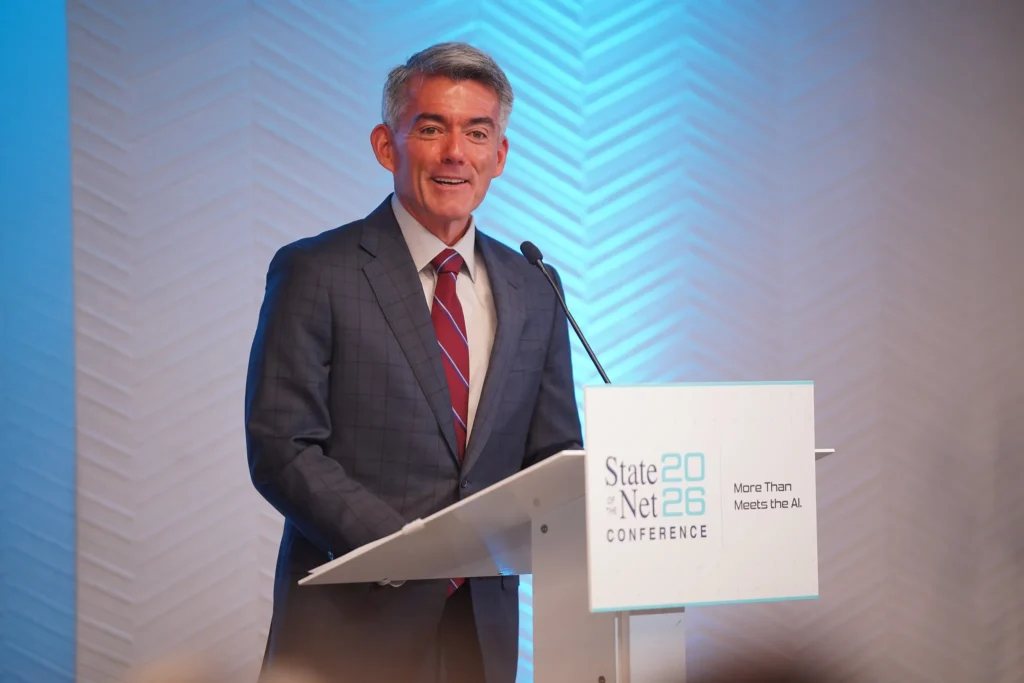In partnership with national non-profit EducationSuperHighway, NCTA members will launch programs that enable school districts to identify students without broadband and purchase service for low-income families
Today, NCTA – the Internet & Television Association, a leading broadband technology trade association in partnership with EducationSuperHighway (ESH), a national non-profit that led the work to close the classroom connectivity gap— announced a new initiative to help increase home connectivity solutions for students, as many schools adapt to remote and hybrid learning classrooms amid the coronavirus pandemic. The K-12 Bridge to Broadband initiative will scale innovative solutions that are helping public school districts and states identify and potentially connect students in low-income families, enabling more students to participate in remote or hybrid learning.
In announcing the K-12 Bridge to Broadband program, NCTA and ESH released a framework of core principles that will support the initiative from leading cable internet service providers for working with school districts or states to better identify unconnected, but serviceable, student households and to offer sponsored service arrangements that can potentially connect students in this school year. Since the pivot to remote learning began in the spring, many school districts have struggled to determine which families lack internet access at home. Building on the recent successful school district partnerships in Chicago, Atlanta, Philadelphia, Las Vegas, Des Moines and several other cities, the new initiative will help school districts efficiently identify students without service at home.
Last spring, the coronavirus pandemic forced nearly 125,000 schools to close their doors – tasking 55 million teachers and students with quickly adapting to distance learning in the final weeks of the school year. While some schools are moving ahead with classroom learning this fall, a large number remain closed and are relying on remote or hybrid learning as the sole model of instruction. ESH estimates that 9.7 million students — half of which are students of color — don’t have a reliable high-speed connection necessary to complete their coursework at home. This could result in significant achievement disparities, especially for those who have been historically marginalized. The new initiative from NCTA and its member companies has the potential to bring us closer towards ensuring all students have equitable access to the internet at home.
Cable broadband providers that have committed to this unique initiative include Comcast (Xfinity), Charter (Spectrum), Cox, GCI, Mediacom, Midco, Sjoberg’s and Vyve. These providers offer broadband service to 80% of U.S. homes or 110 million housing units. The K-12 Bridge to Broadband program is non-exclusive and open to all internet service providers wishing to join the effort to help schools identify and connect students to broadband.
“For months, our local school district partners have told us that they can’t increase home access because they don’t know which families are without it,” said CEO and Founder of ESH Evan Marwell. “This isn’t something we can wait on, because every day, more students are falling behind. By giving schools the data that shows which students need access, we can speed up the process of getting kids back to learning as quickly as possible.”
“America’s broadband networks are continuing to play a critical role in helping the nation adapt to changes in daily life required by the COVID pandemic,” said Michael Powell, President & CEO, NCTA – The Internet & Television Association. “As the school year begins, these changes are front and center in many parts of the country, with family rooms temporarily replacing classrooms and more schools using online instruction to continue their educational mission. In rising to these challenges, the cable industry is continuing to provide robust and reliable service and is redoubling our efforts to work collaboratively with schools, communities and other partners to get families connected through innovative new service models that will foster and sustain the educational progress of our children.”
The school-focused service program complements many of the low-cost broadband service plans offered to individual qualifying households that cable ISPs have been offering for years – often for $10 per month – which have already connected roughly 10 million low-income individuals to broadband service.
A number of successful partnerships between school districts and broadband service providers have been launched in recent weeks. Today’s announcement seeks to energize and scale this model by releasing common baseline principles and commitments that will be applicable to all K-12 schools throughout a cable broadband provider’s coverage area.
The core principles reflected in the K-12 Bridge to Broadband framework released today by EducationSuperHighway and NCTA include:
- NCTA member companies will create a “sponsored” service offering for school districts or other entities. School districts across the country have already begun partnering with broadband providers to purchase home access for unconnected families in their school district. In a sponsored service model, school systems purchase broadband on behalf of low-income students at a discounted rate provided by broadband service providers. This arrangement removes a major obstacle for students, getting them the tools they need to learn successfully from home.
- NCTA member companies will work together with school districts to identify which students need service. Surprisingly, it is often a daunting task for schools to identify which students lack broadband service but are within reach of a provider. School districts and providers will work together to facilitate the confidential exchange of information to determine student households that do not currently have service. The systems will be built to protect the privacy of student addresses and the confidentiality of provider records but aim to quickly identify households without service.
- NCTA member companies will agree to a baseline set of eligibility standards. In order for a school district to rapidly assess which of their students can be connected under a sponsored service agreement, providers will develop baseline eligibility standards to assist districts in evaluating which students qualify for coverage. At a minimum, the baseline standards will include households containing students on the federal Free and Reduced Lunch program.
- To maximize adoption, NCTA member companies will minimize the amount of information necessary to sign up families.In a sponsored service program, providers should limit the data they require from families only to that required for providing service (i.e. confirming the service address) and reducing fraud (i.e. proof of identity).
- NCTA member companies offering sponsored service arrangements to schools should not use school-supplied information for targeted marketing of collateral services to families covered by the program.Providers would agree to not use any information supplied by schools to target marketing offers to families participating in the sponsored service program for other provider services unrelated to the sponsored service.
“While the pandemic has affected every student and family across the country, the Council of Chief State School Officers (CCSSO) recognizes some students are impacted more than others and gaps may widen as a result of our current environment,” said CCSSO Executive Director Carissa Moffat Miller. “While the situation continues to evolve, CCSSO is committed to supporting state education leaders in their efforts to create systems that will deliver quality education safely and effectively to every student in the next academic year, whether learning happens in-person, remotely, or both.”
“As we witnessed in the spring when the COVID-19 pandemic forced schools to switch to remote learning, the disparate impact of the preexisting digital divide – the gulf between those who have ready access to computers and the internet, and those who do not – is an urgent and critical issue of racial inequity that will have a devastating effect on the educational opportunities afforded to students of color,” said NAACP Legal Defense Fund President and Director-Counsel Sherrilyn Ifill. “With the new school year upon us, countless school districts do not have plans in place to address these technological barriers. Ensuring that our nation’s public school students have access to educational opportunities within the safety of their homes during an ongoing national pandemic is essential.
“This new initiative is a step in the right direction, but there is more work to be done to fully address the digital divide and eliminate the racial disparities with regard to adequate access to the internet in both rural and urban communities. LDF calls on Internet Service Providers and school districts to continue to work together to make sure that all of America’s children receive the robust public education to which they are entitled.”
“The pandemic has not made the internet indispensable, but it has revealed that it always has been,” said Daniel Anello, CEO of Kids First Chicago, a parent advocacy organization that has led the push for broader access to high-speed internet for families. “In Chicago, we built a public-private coalition to create permanent access to remote learning for 100,000 students. The connectivity gap deepens the racial equity gap already painfully persistent in our school system. Universal access will bridge this divide and put the benefits of telehealth, economic and educational resources within the reach of all communities.”
Learn more at: https://digitalbridgek12.org/k-12-bridge-to-broadband-program/ or https://www.ncta.com/k12bridge-to-broadband.
# # #
About EducationSuperHighway
EducationSuperHighway was founded in 2012 with the mission of upgrading the Internet access in every public school classroom in America. The organization took on this mission because it believes that digital learning has the potential to provide all students with equal access to educational opportunity and that every school requires high-speed broadband to make that opportunity a reality. EducationSuperHighway is funded by national philanthropic organizations, and our mission is supported by governors in all 50 states. In response to the coronavirus pandemic, ESH started the Digital Bridge K-12 (digitalbridgek12.org) program to help school districts and states identify and connect students who lack home digital access.
About NCTA – The Internet & Television Association
NCTA – The Internet & Television Association represents network innovators and content creators that connect, entertain, inform and inspire consumers every day. NCTA’s members have invested $290 billion in private capital to build broadband networks that reach 80 percent of American homes and serve72 million customers. More than 200 programming networks are creating imaginative, popular and award-winning television content. Our industry supports 3 million American jobs and employs at least 300 people in every congressional district.
EXAMPLES OF ISP – SCHOOL DISTRICT PARTNERSHIPS THAT K-12 BRIDGE TO BROADBAND WILL SCALE AT A NATIONAL LEVEL
Chicago Public Schools
Chicago Connected is closing the digital divide for 100,000 students through a groundbreaking, public-private partnership. The City of Chicago, Chicago Public Schools, the philanthropic community, community organizations and leading ISPs are working together to eliminate broadband accessibility as a barrier to digital learning. The $50 million, four-year initiative will close the connectivity gap which disproportionately impacts minority and low-income students based on the findings of a report by Kids First Chicago on Chicago’s connectivity gap.
Atlanta Public Schools
Atlanta Public Schools (APS) is connecting thousands of students to low-cost Internet solutions in partnership with Comcast Internet Essentials so they can continue learning during the coronavirus pandemic. They shared the critical steps they took to keep students learning during COVID-19 on digitalbridgek12.org.
Clarke County (Las Vegas) Public Schools
TheClark County School Board approved a $6.6 million spending package to purchase internet connections and mobile hotspots. The allocation can provide 20,000 students internet service for one year through Cox Communications. Cox will also provide online safety software tools to block students from accessing inappropriate websites when they are connected through their devices, officials said.








